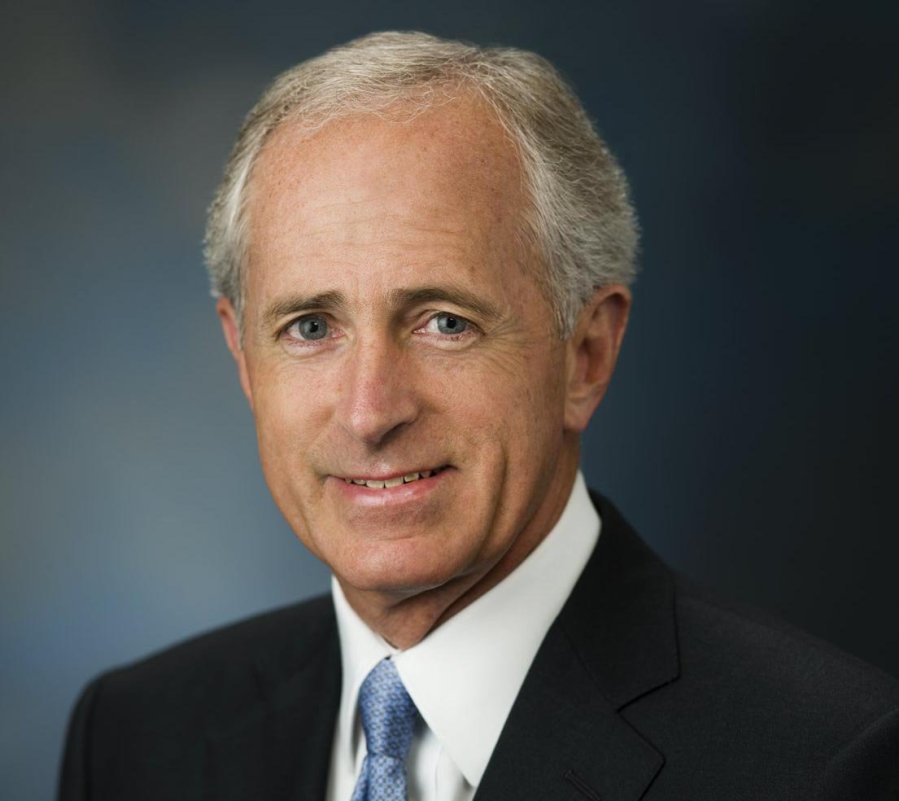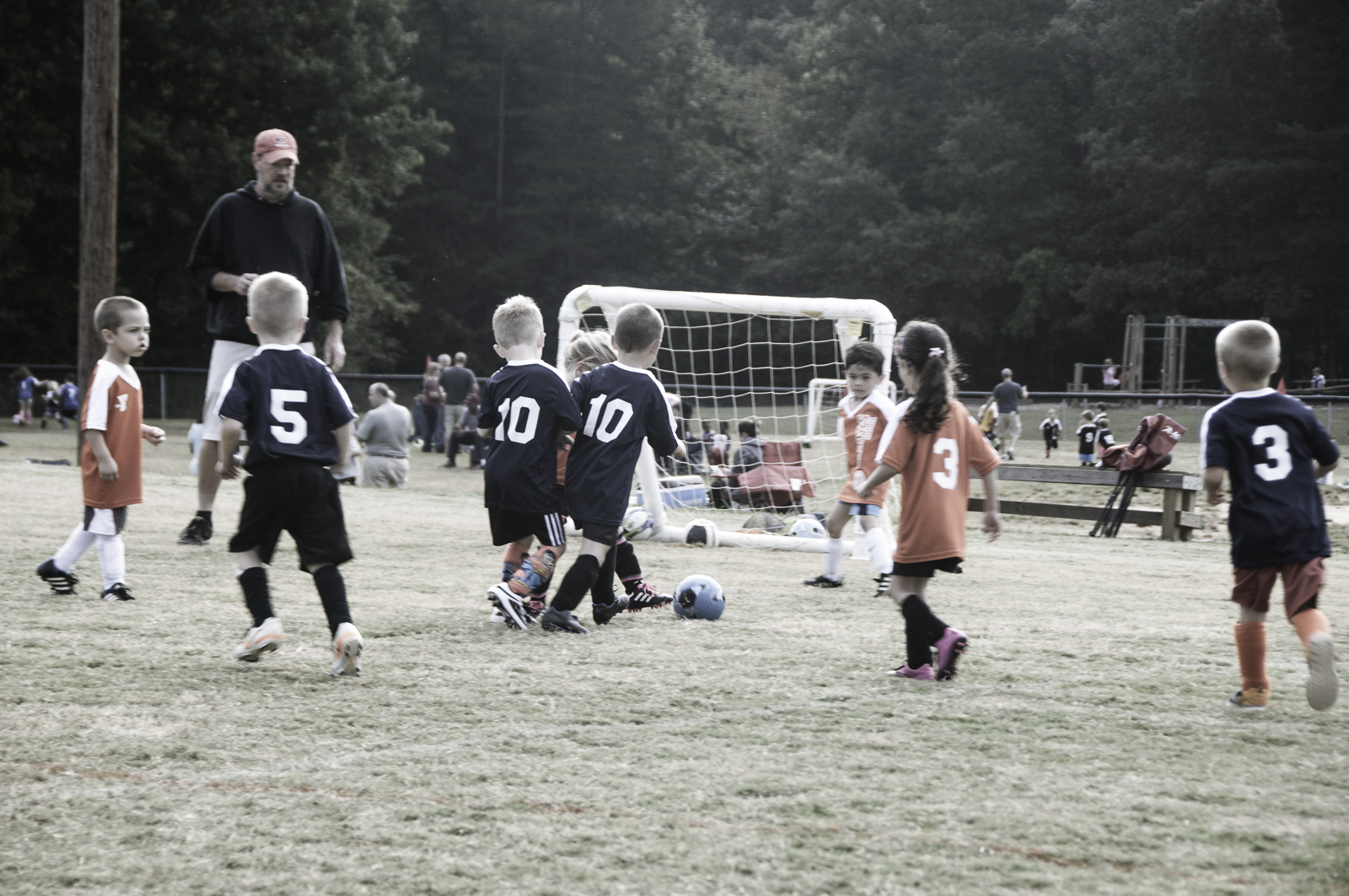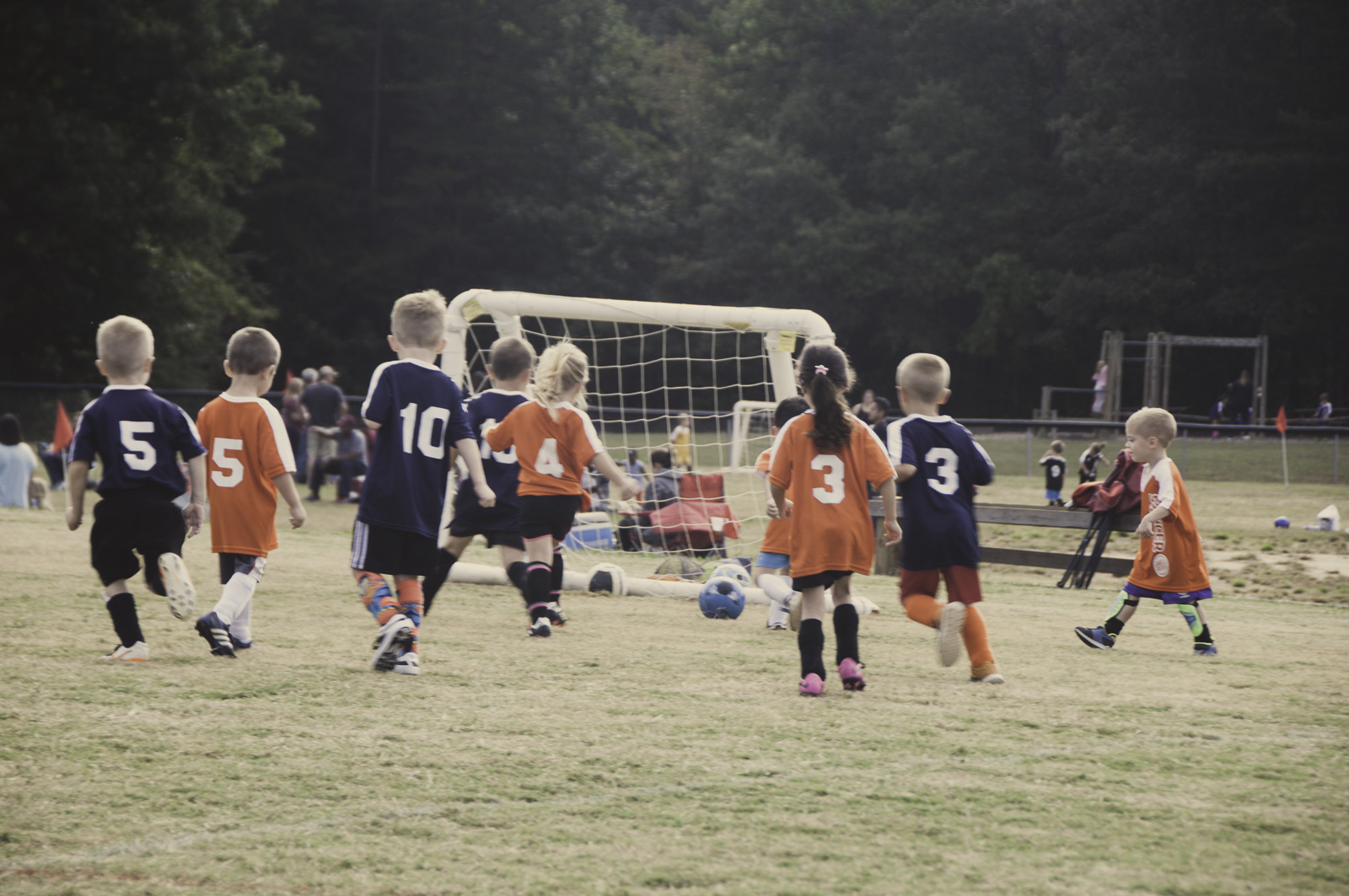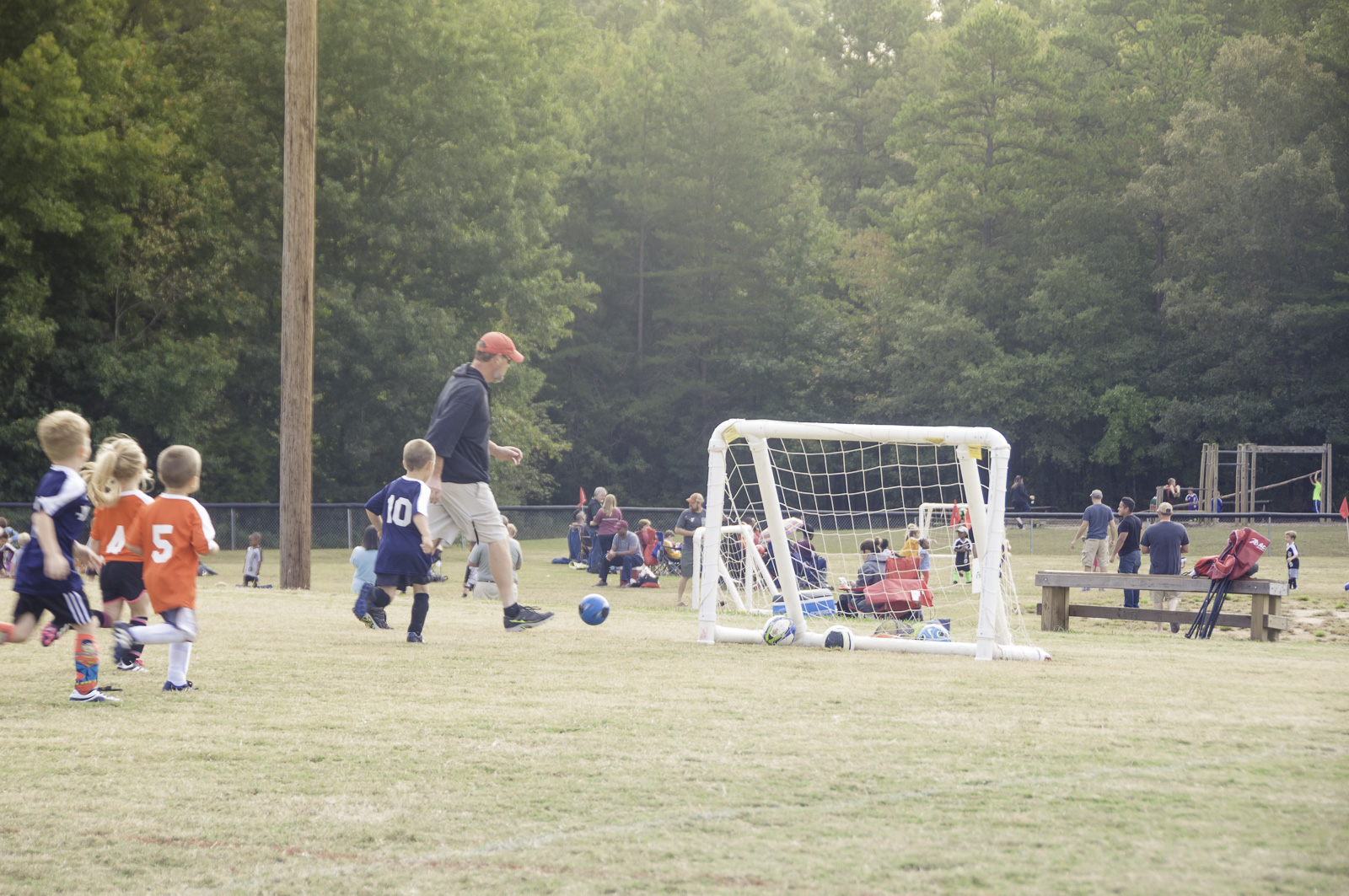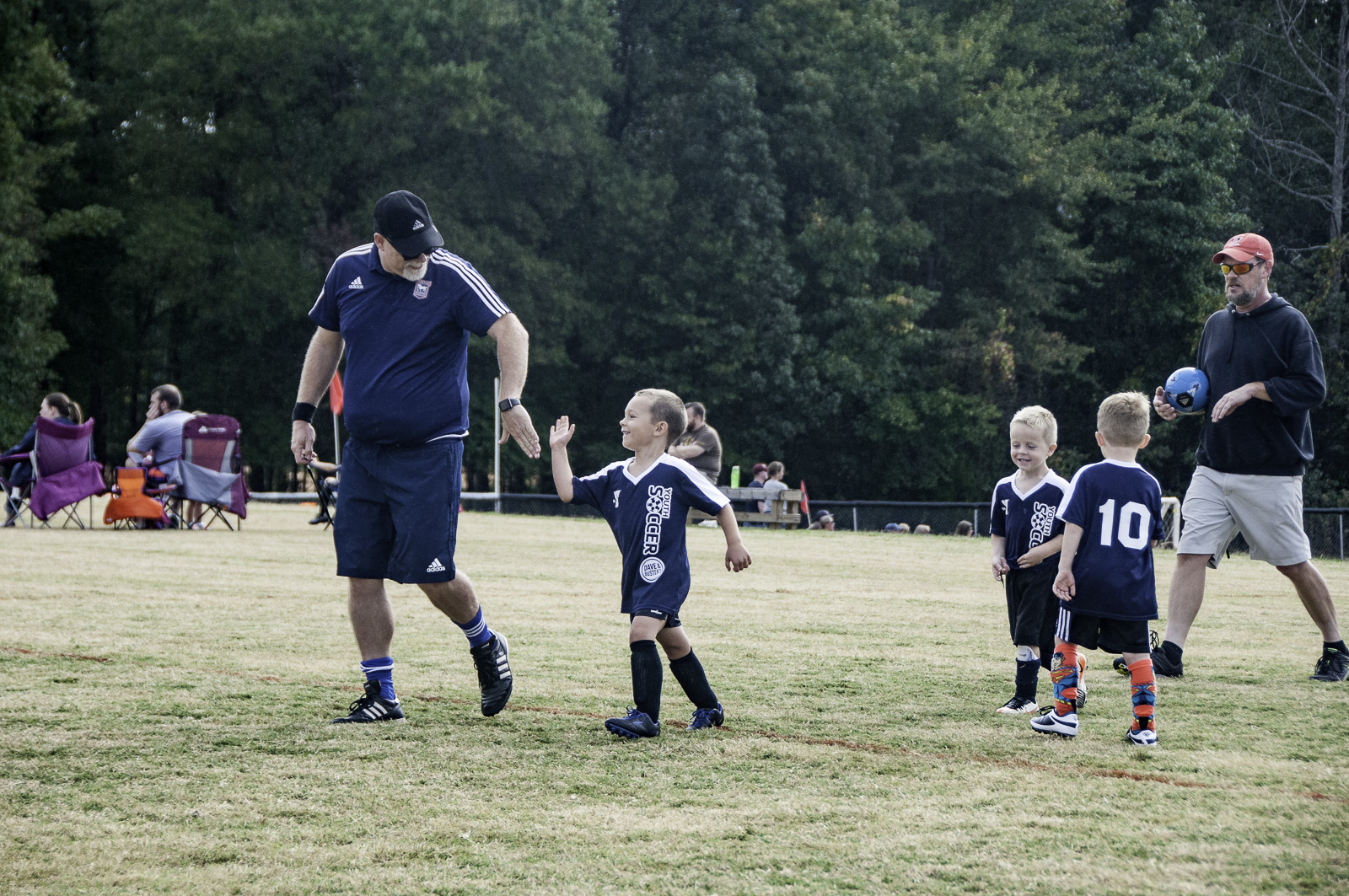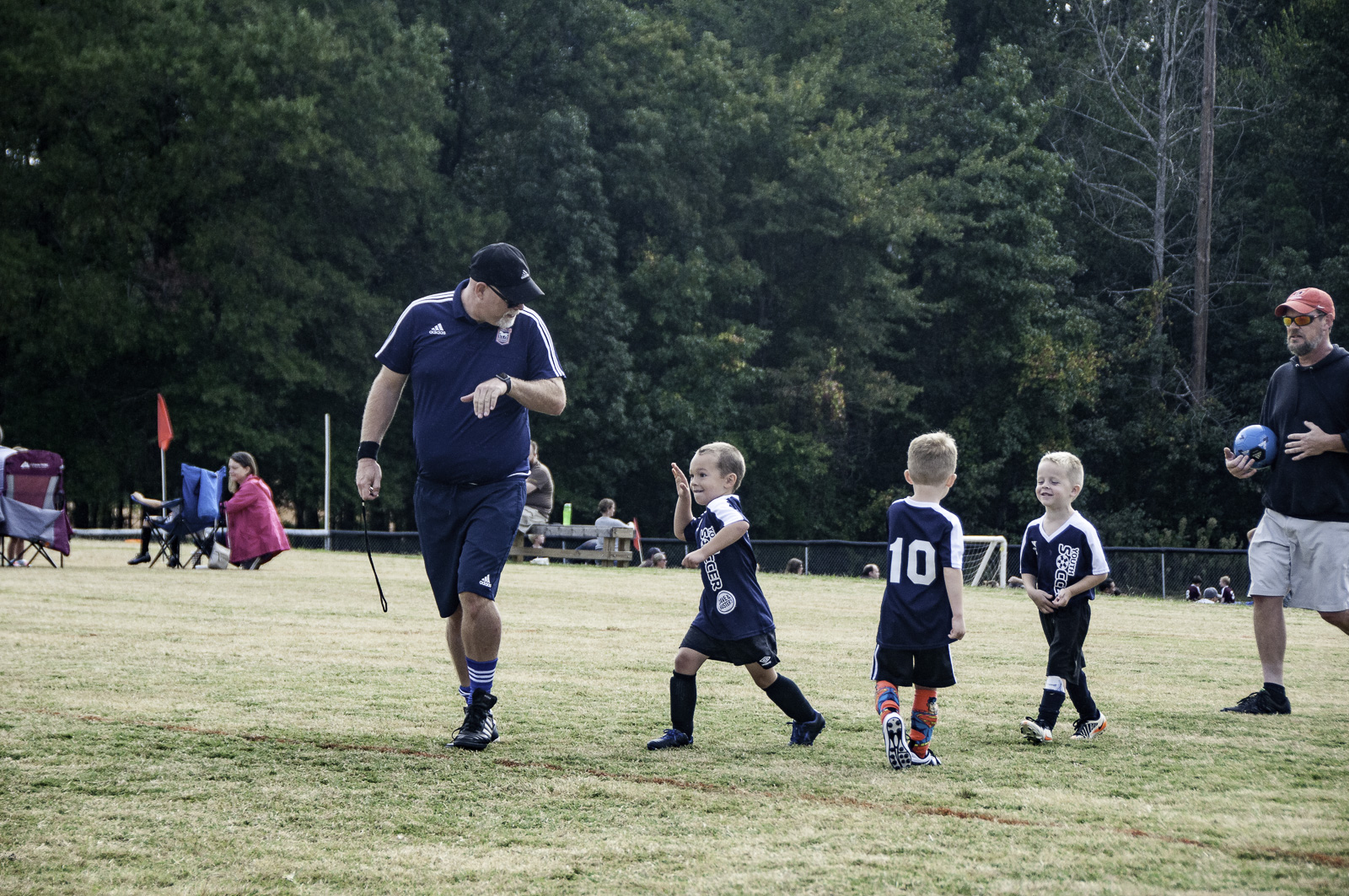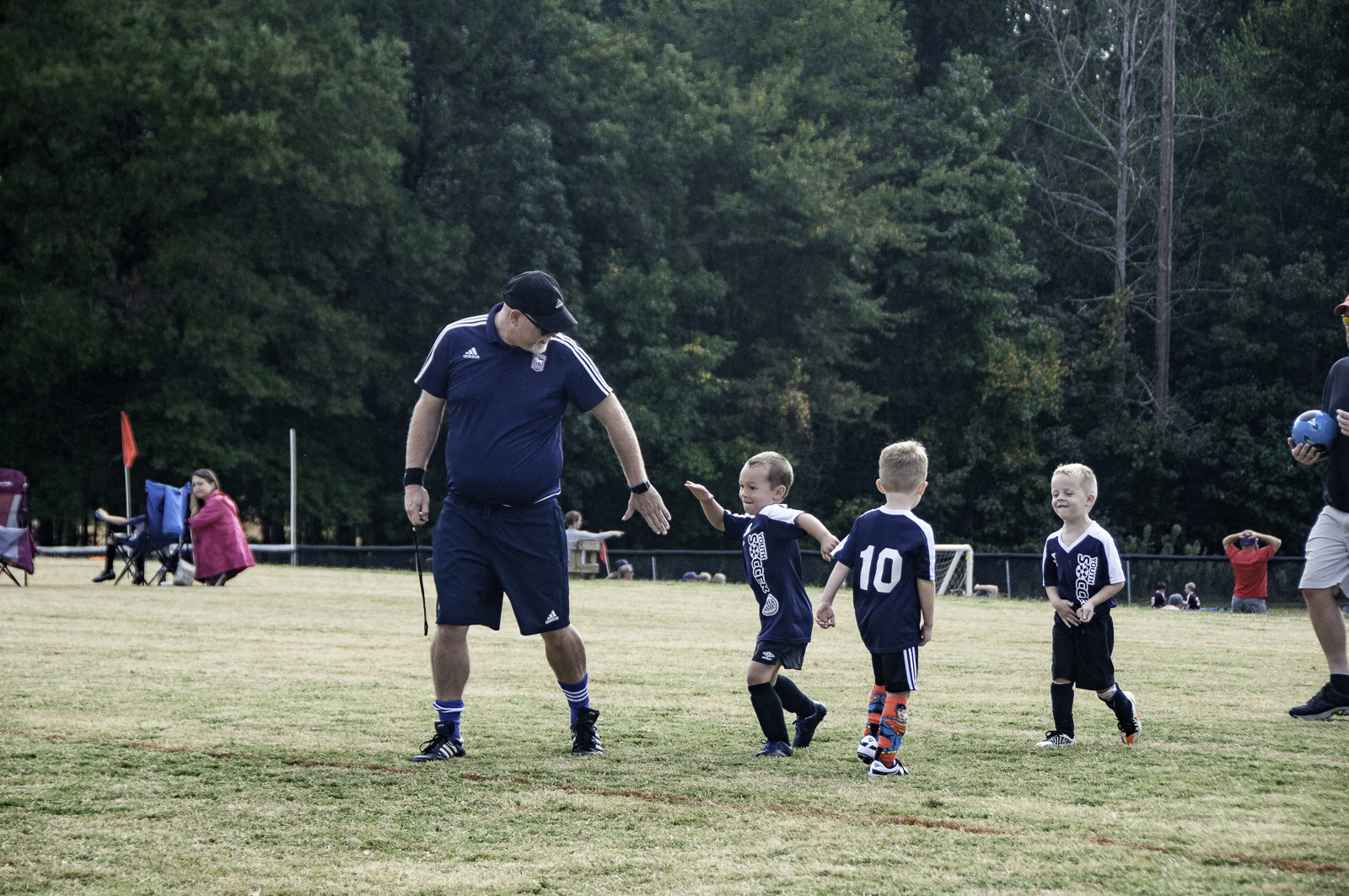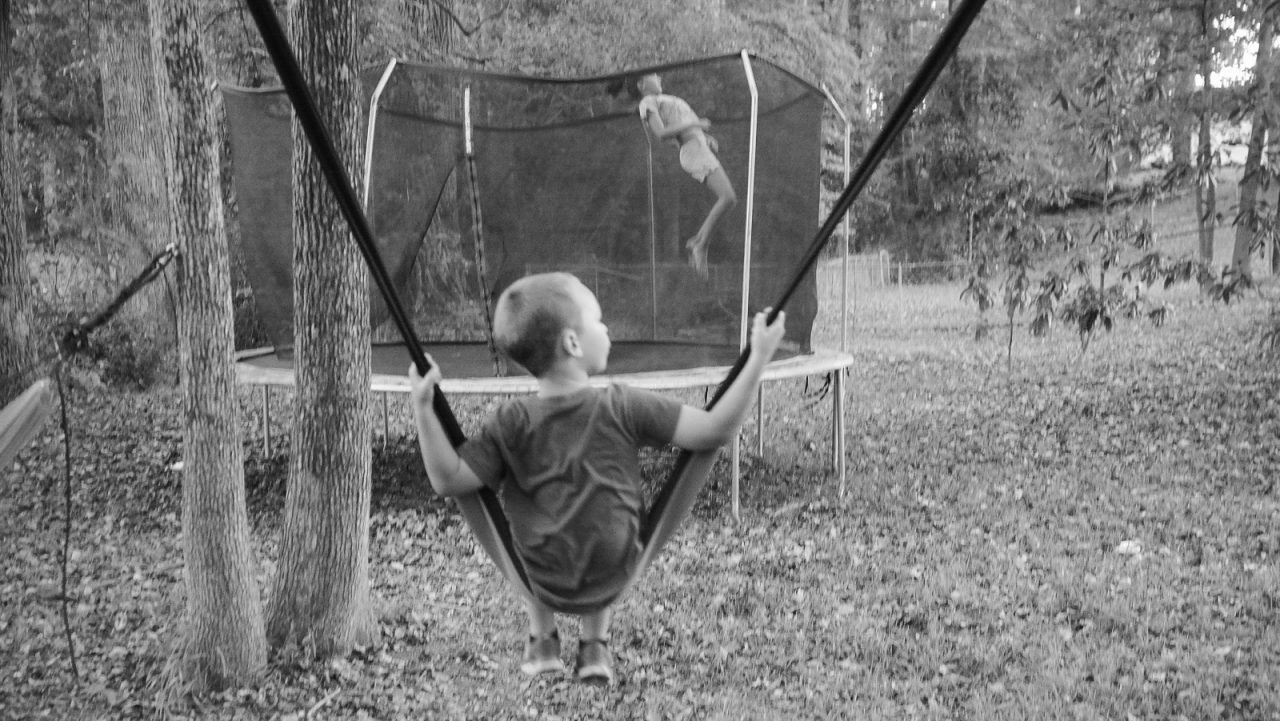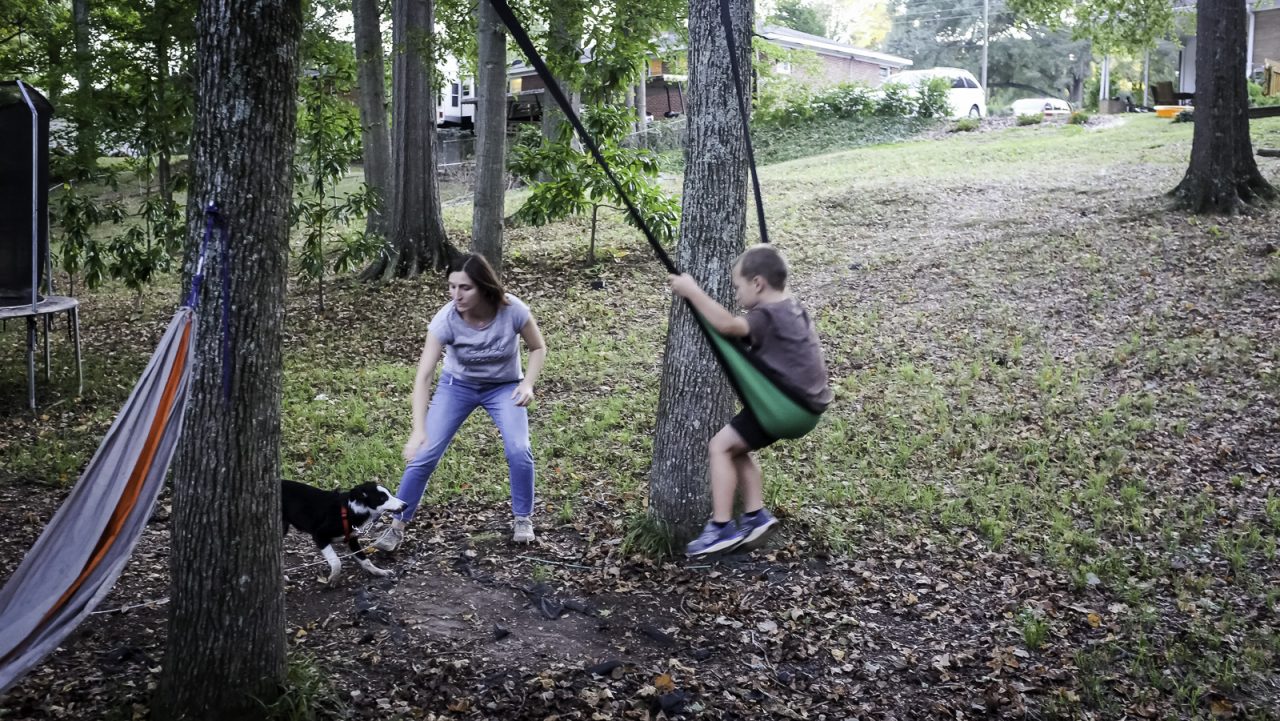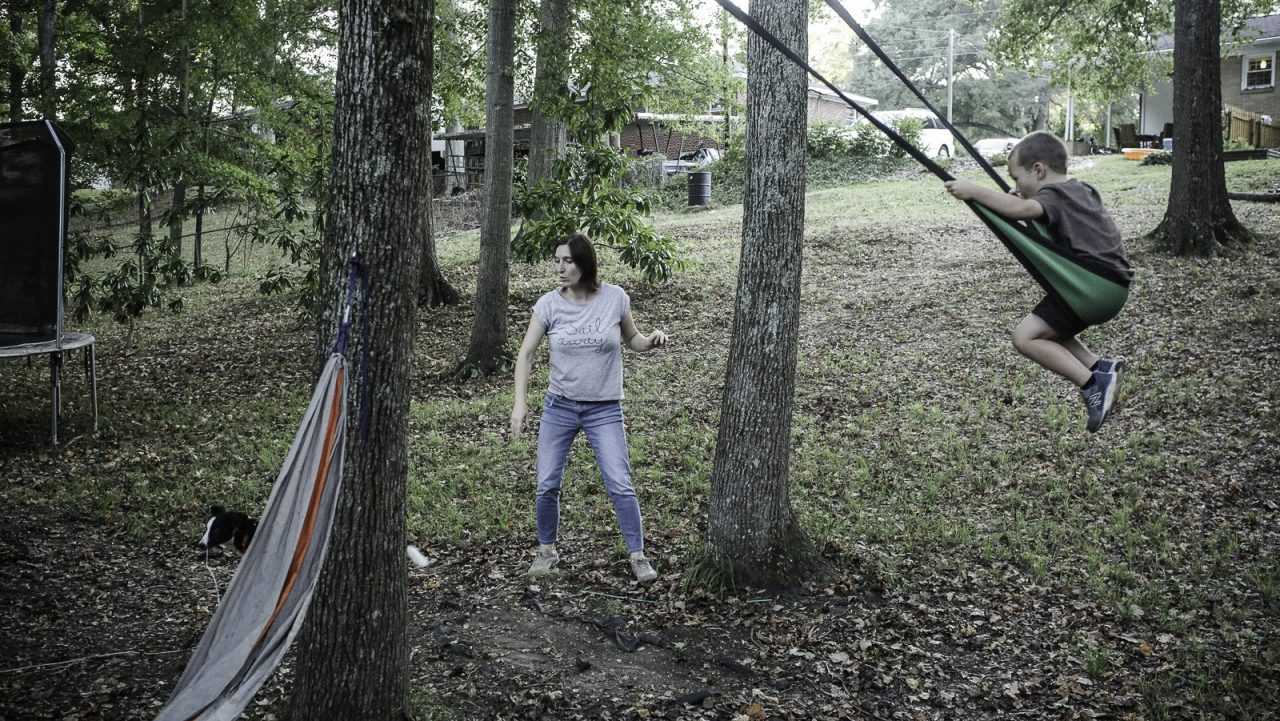It’s a common worry among conservatives these days — and I suppose all days, all times — that what is going on in popular culture is more of a corrupting influence on our children than it is a positive influence. I’ve written about it several times, and I’ve acted on it several times as well. Certain cartoons have been prohibited from the Girl’s viewing due to the behavior modeled, and I’ve more than once worried about what kinds of interactions go on at school on the playground and at the lunch table.
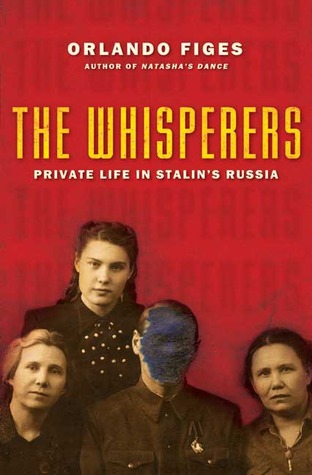 But these are small worries, I see now.
But these are small worries, I see now.
I’m currently reading The Whisperers: Private Life in Stalin’s Russia by Orlando Figes — the topic fairly succinctly described in that subtitle. The opening chapters deal with what life was like immediately after the 1917 October Revolution and the years immediately afterward. What strikes me is the double life everyone soon had to live. Because everyone at that time had grown up in the pre-revolutionary period, they still had a non-Bolshevik mindset. What if you didn’t particularly agree with the Bolshevik principles? Could you have a mini-revolution in your family, raising your children to act one way and think another? Could you go against culture?
The simple answer is no. It was an enormous risk. What if your child accidentally blurts out in school something critical you said at the dinner table? Or worse, with the schools becoming the primary indoctrination mechanism for the children, what if your child drinks the Kool Aid and begins to see you as an anti-Soviet thought criminal? The book details accounts of both incidents occurring, so neither is wild speculation.
I think back to the uproar a few years ago about Obama’s address to students. An acquaintance said, “I’m not letting Obama indoctrinate my child!” as if it could happen in one speech, some kind of magical brain washing that effectively changes a child in a few-minute address. I think of the email we received this week at school detailing the district’s plan to let parents opt out of watching the inauguration: presumably some parents might have had the same fear about Trump. In both cases, such a naive view of what indoctrination means.














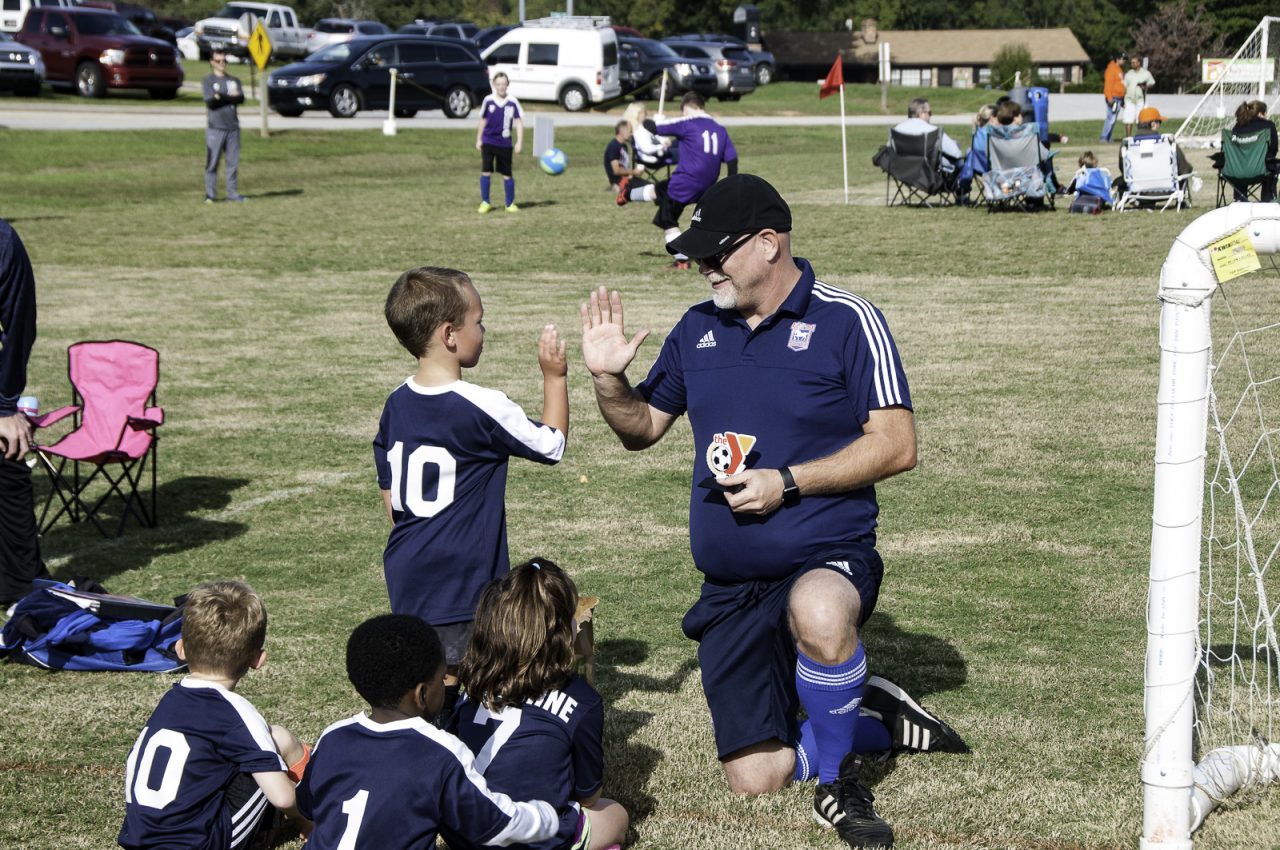

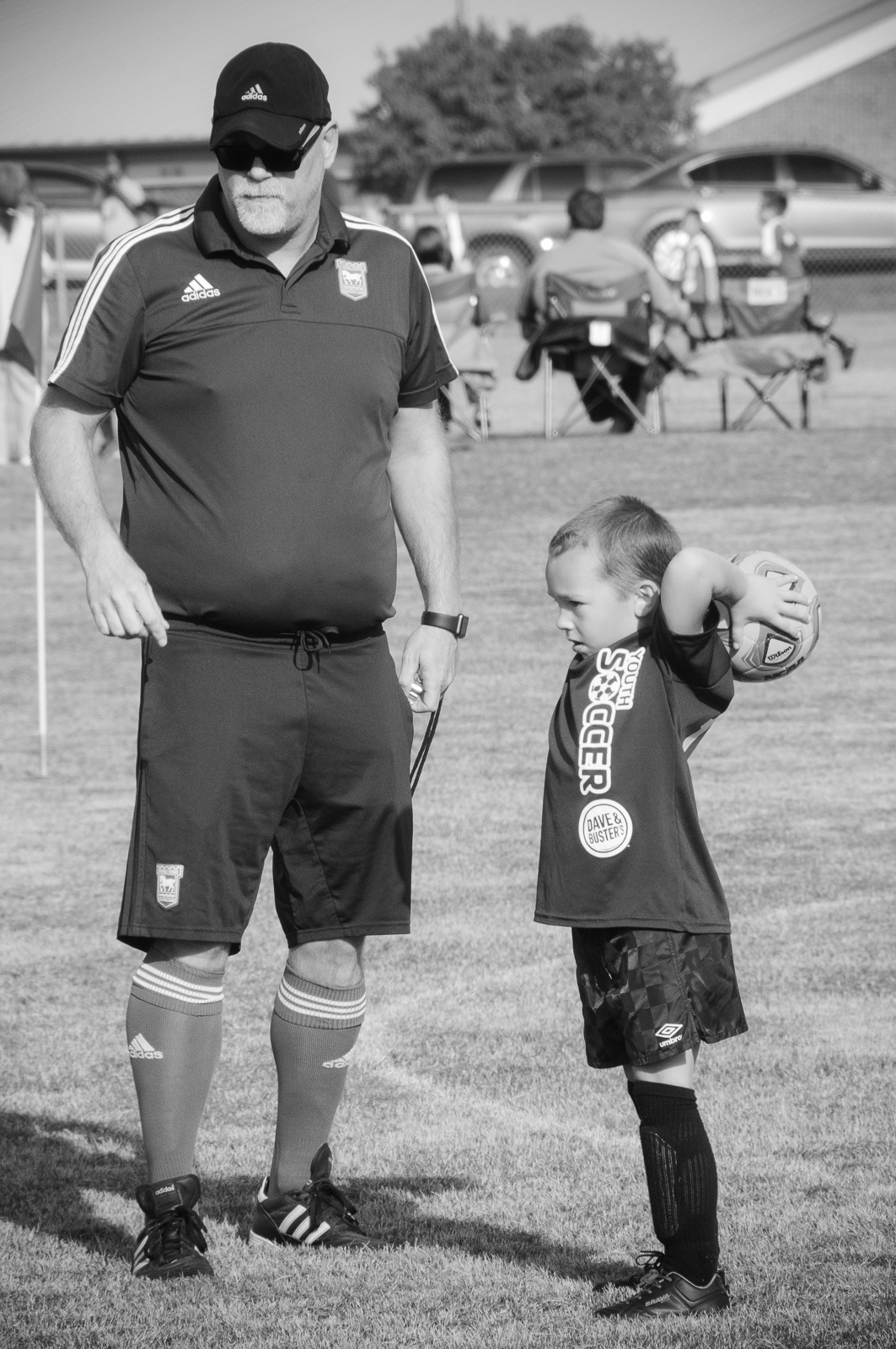


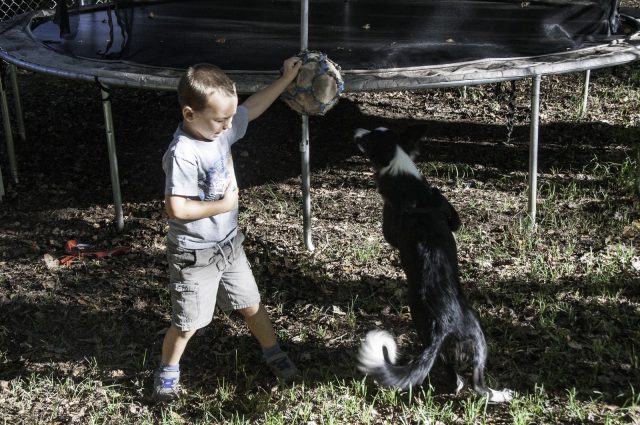

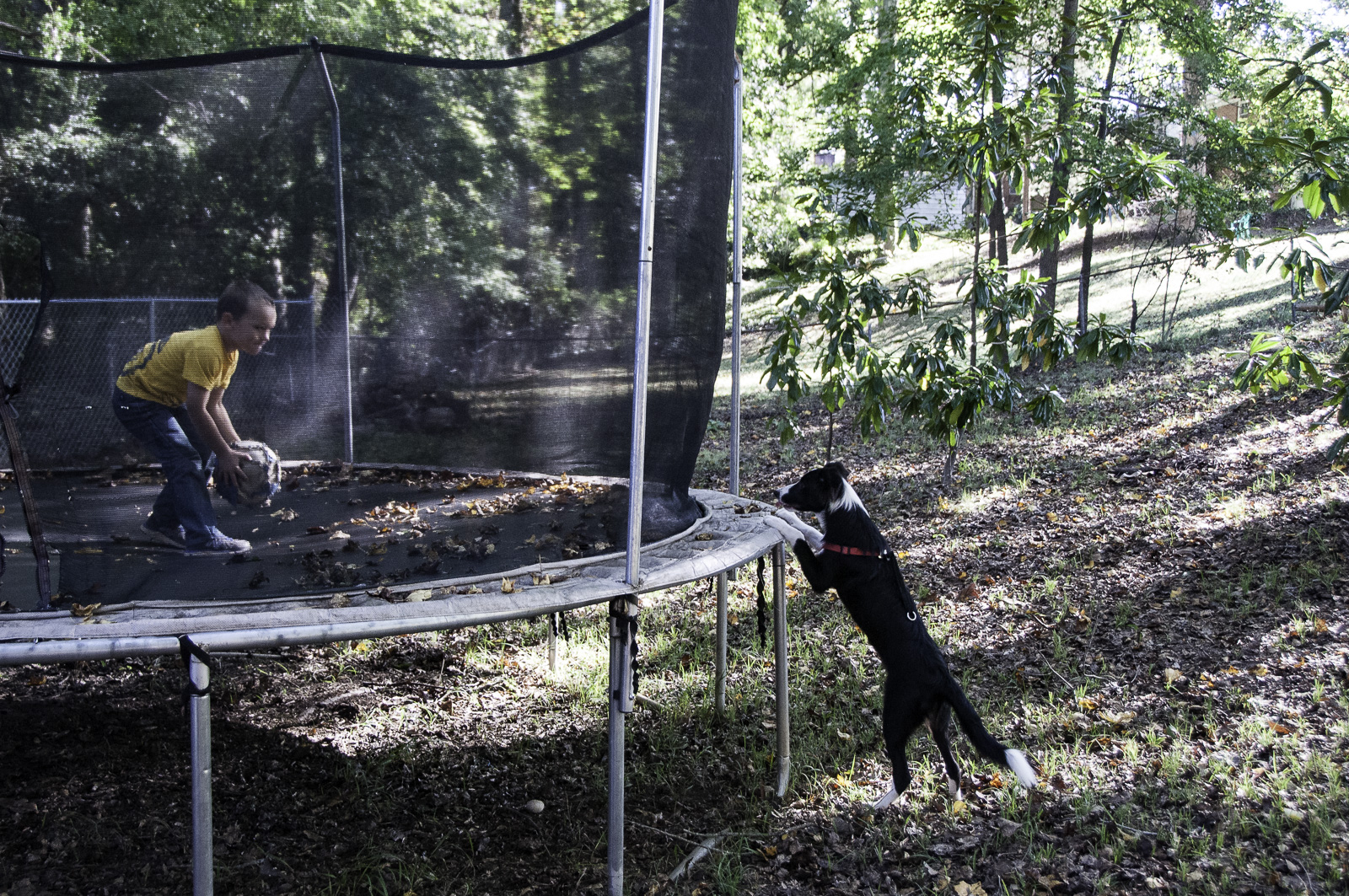


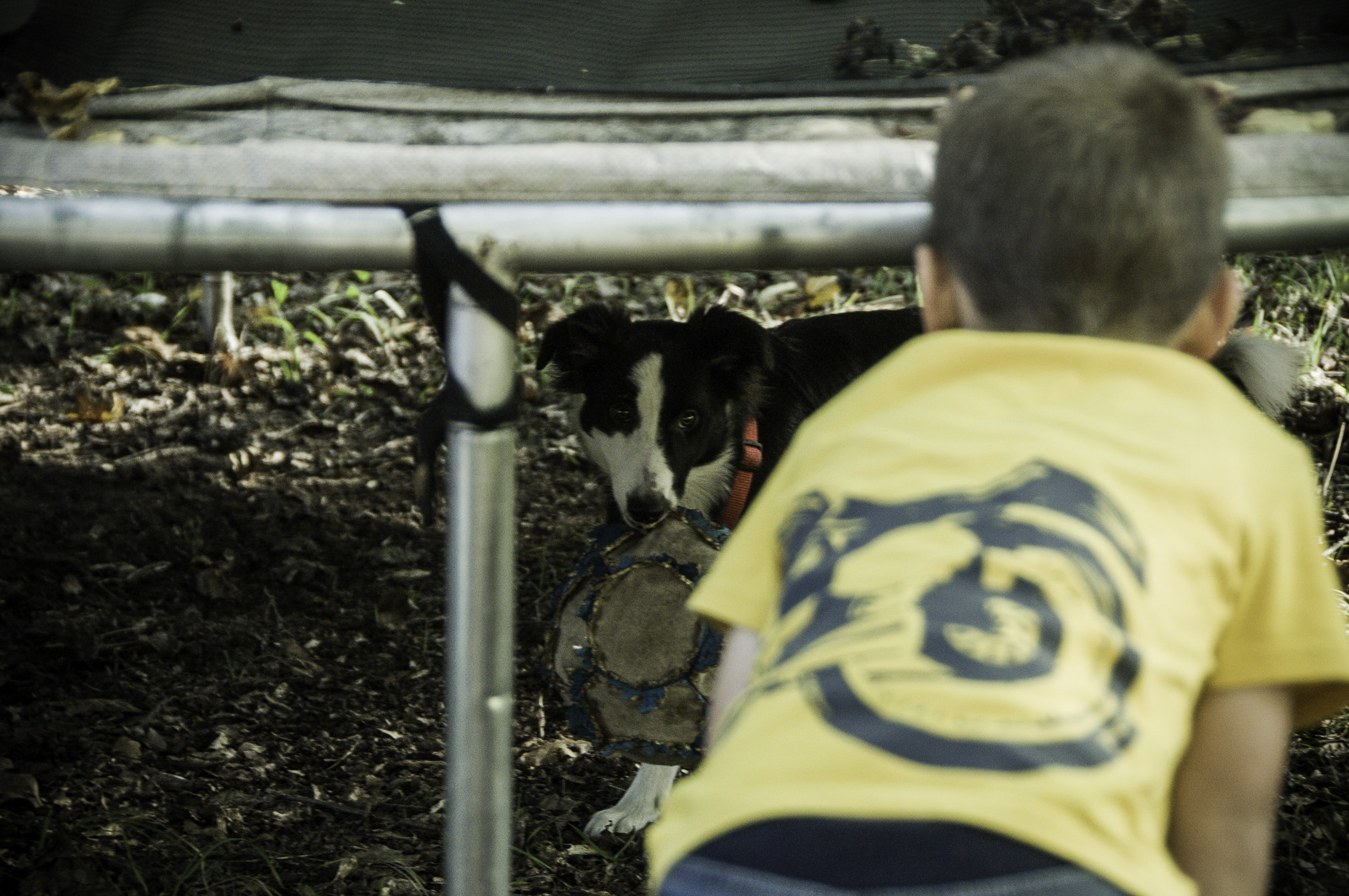










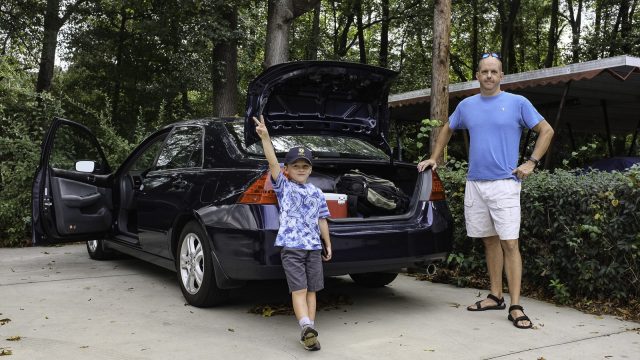

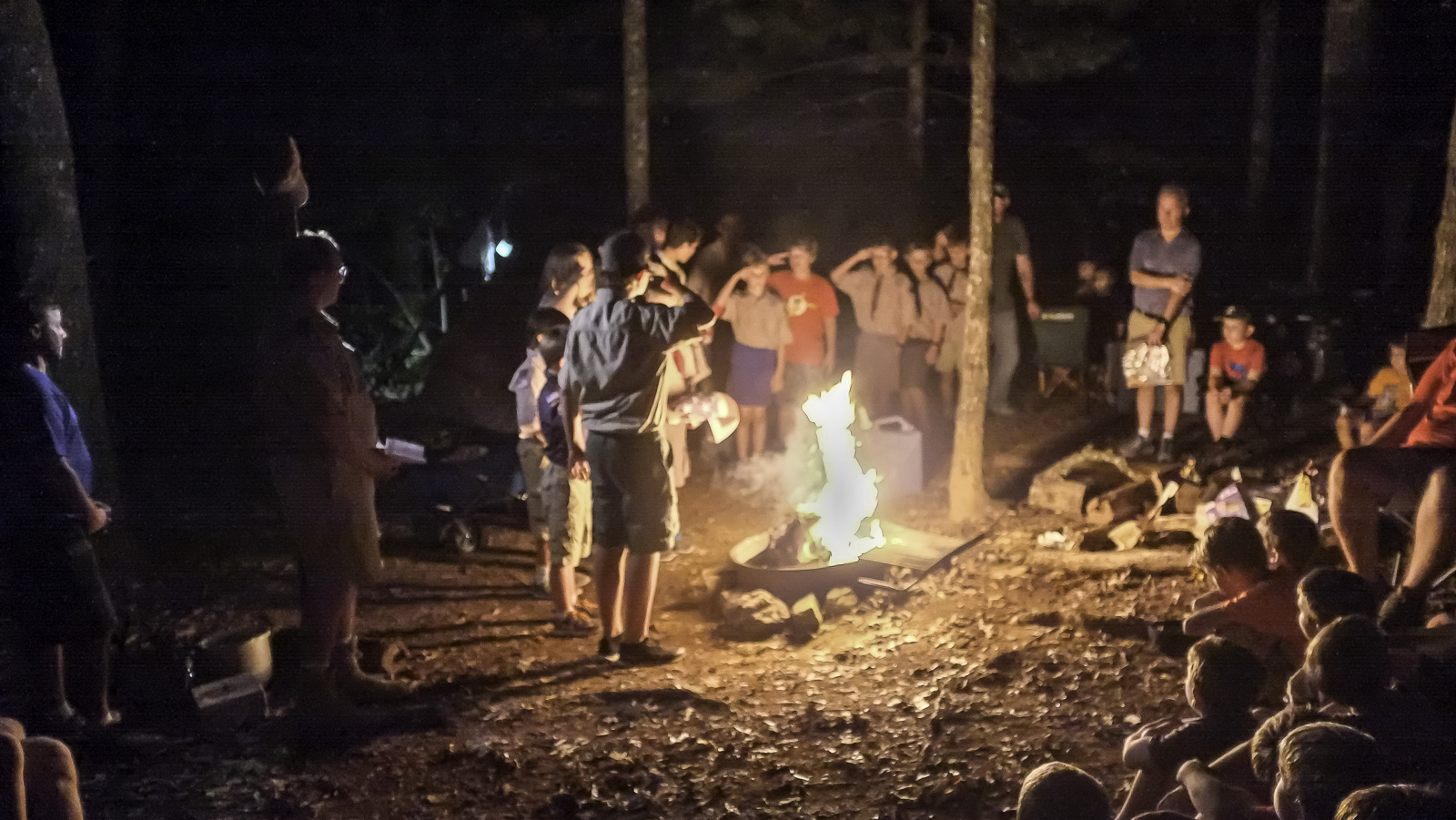
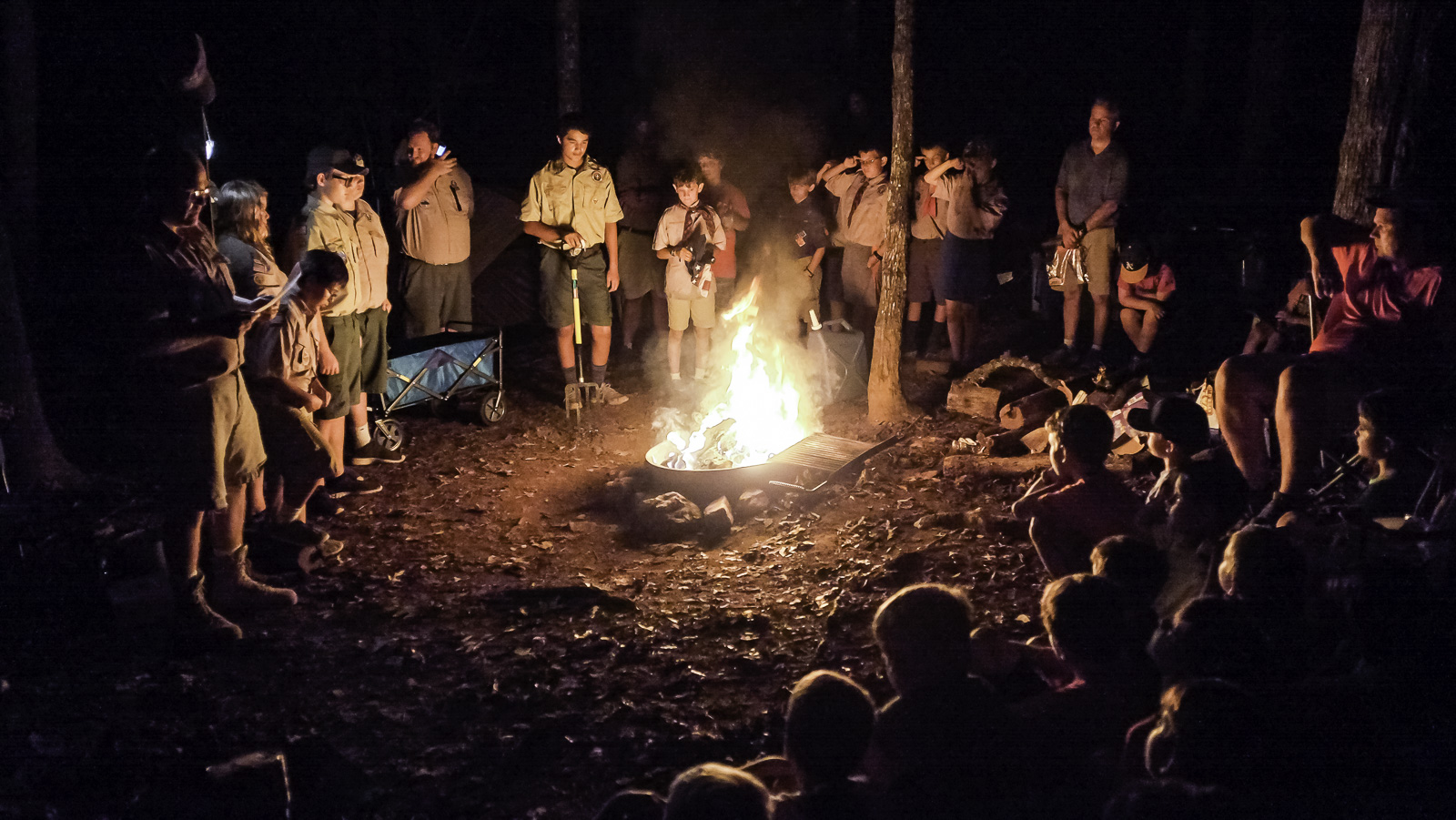
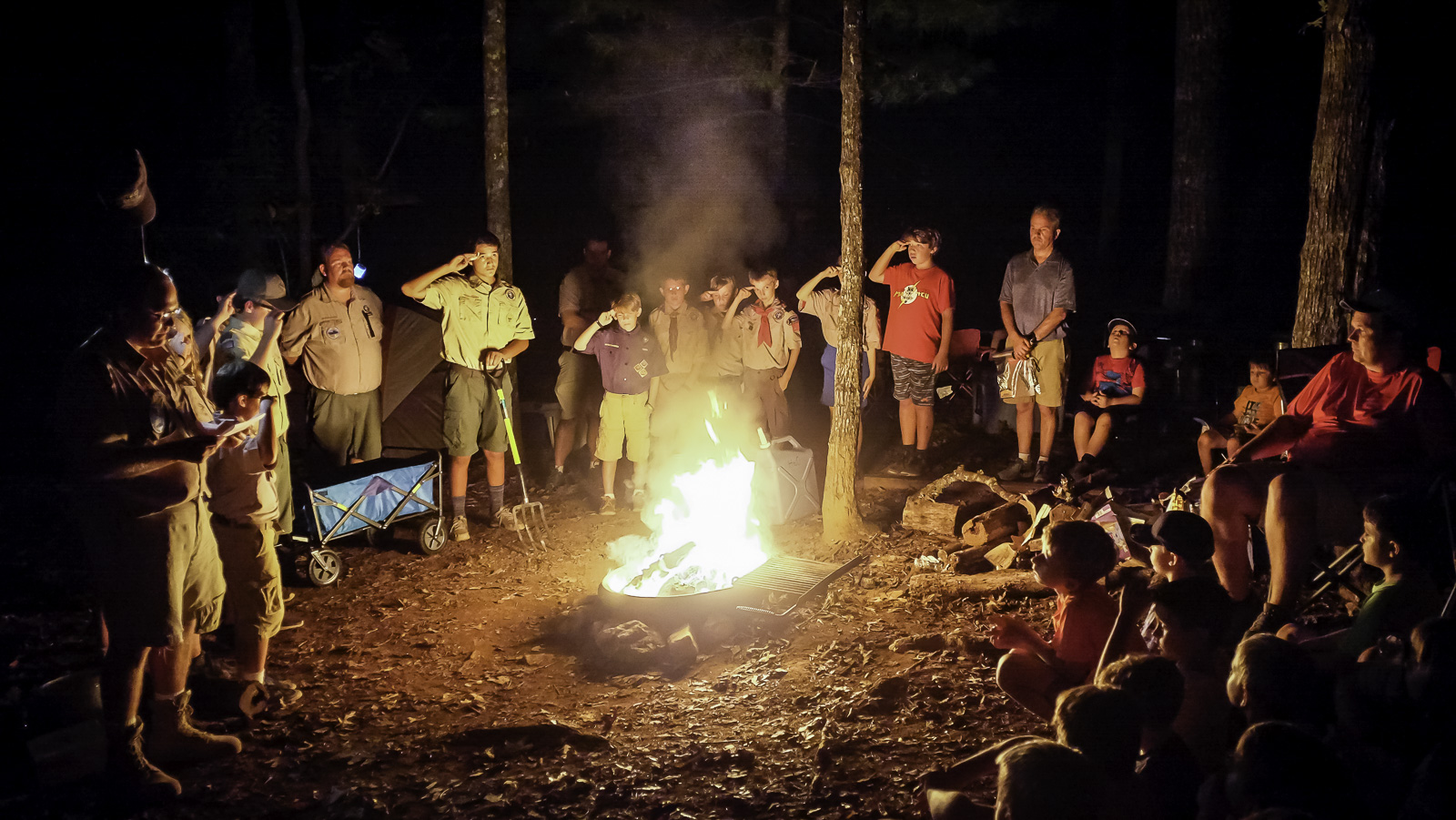
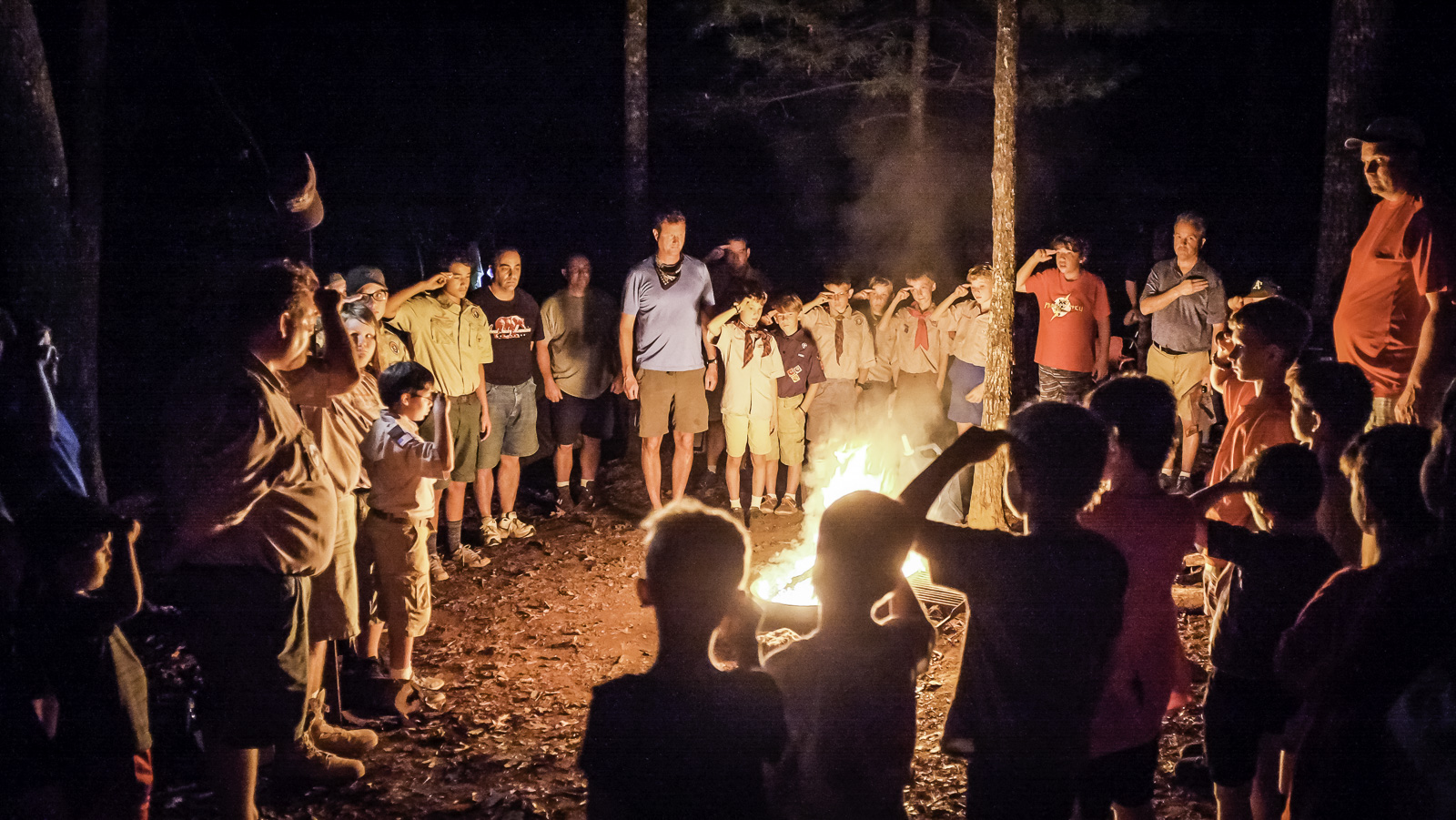

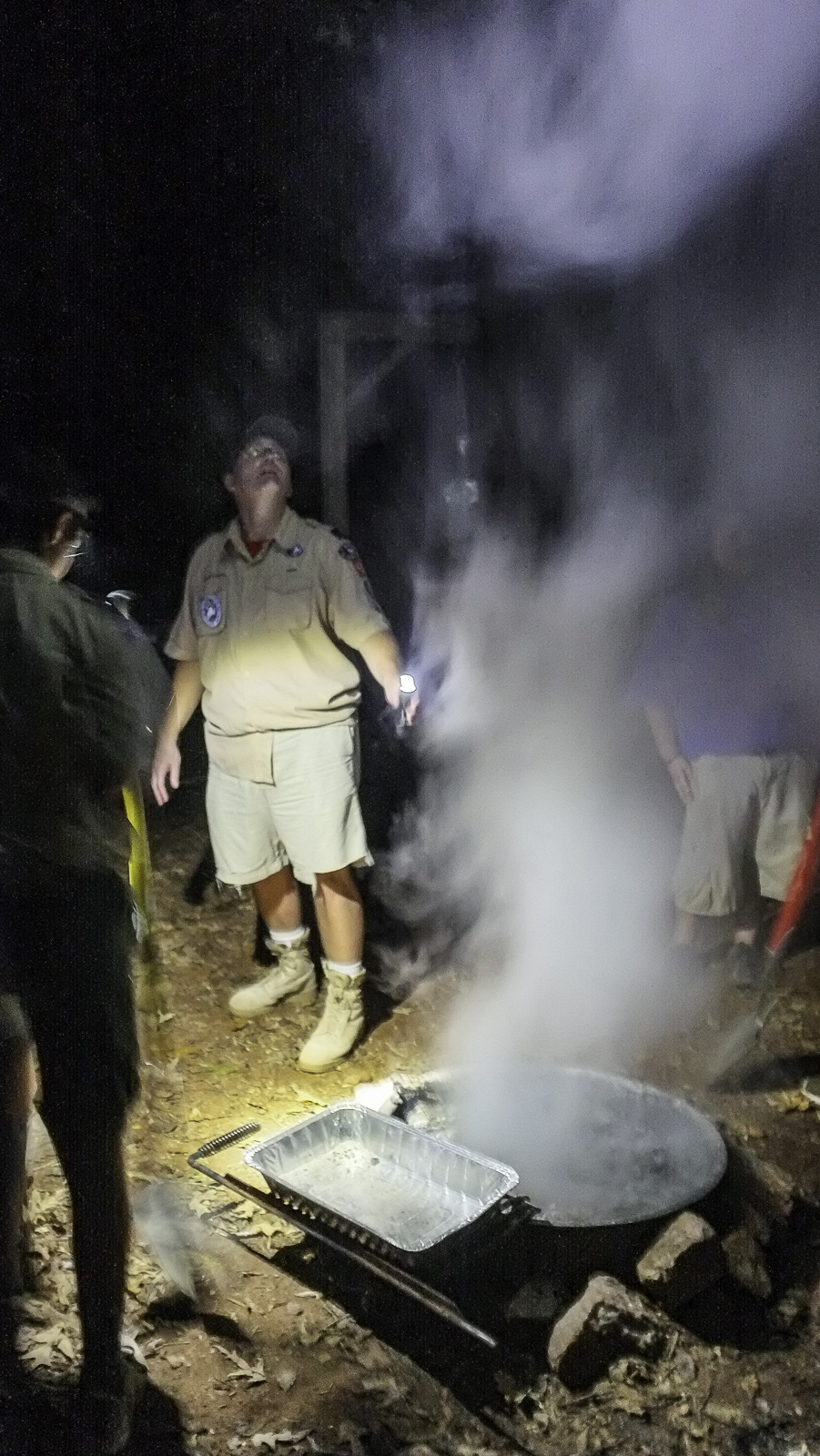
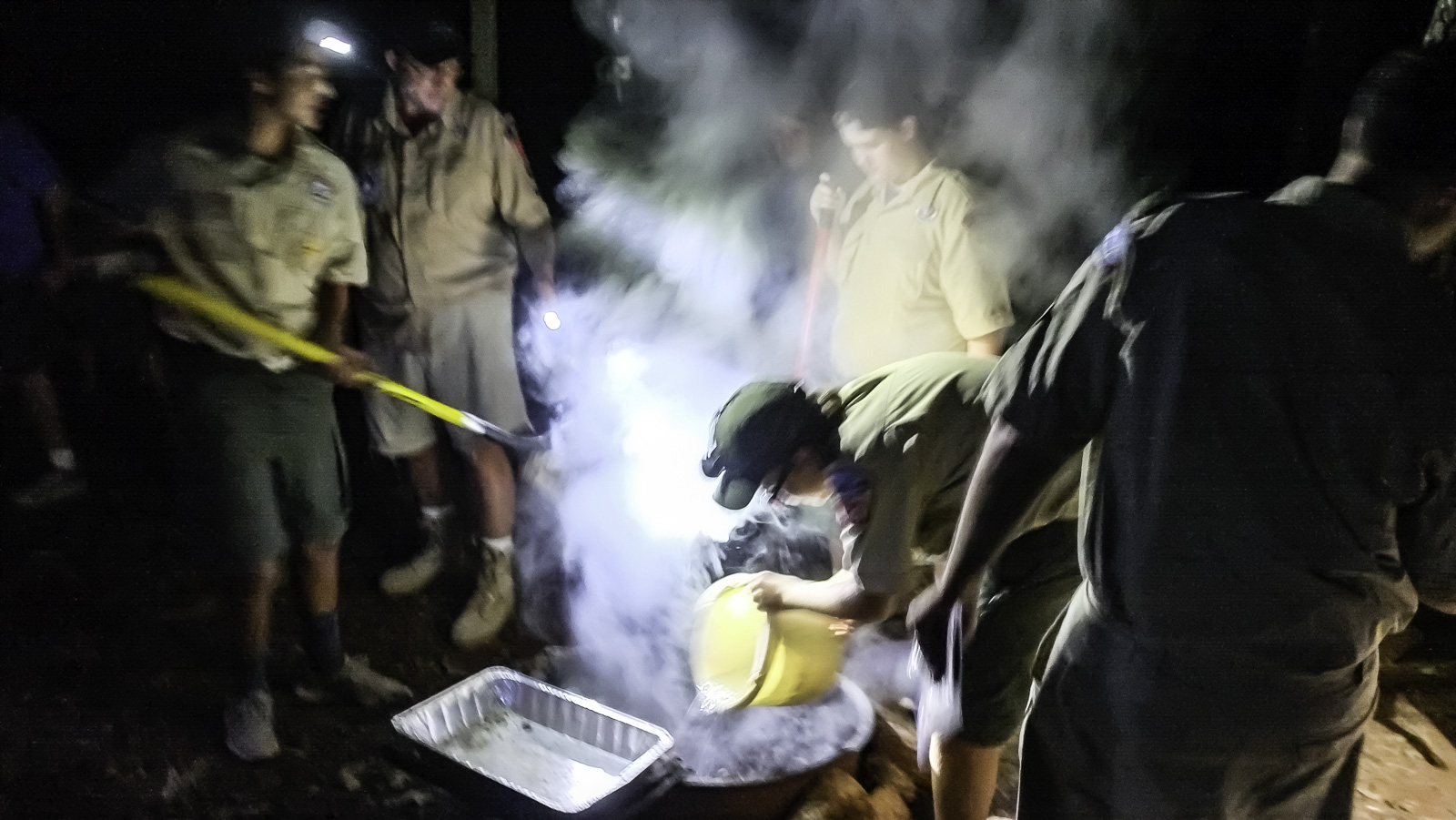
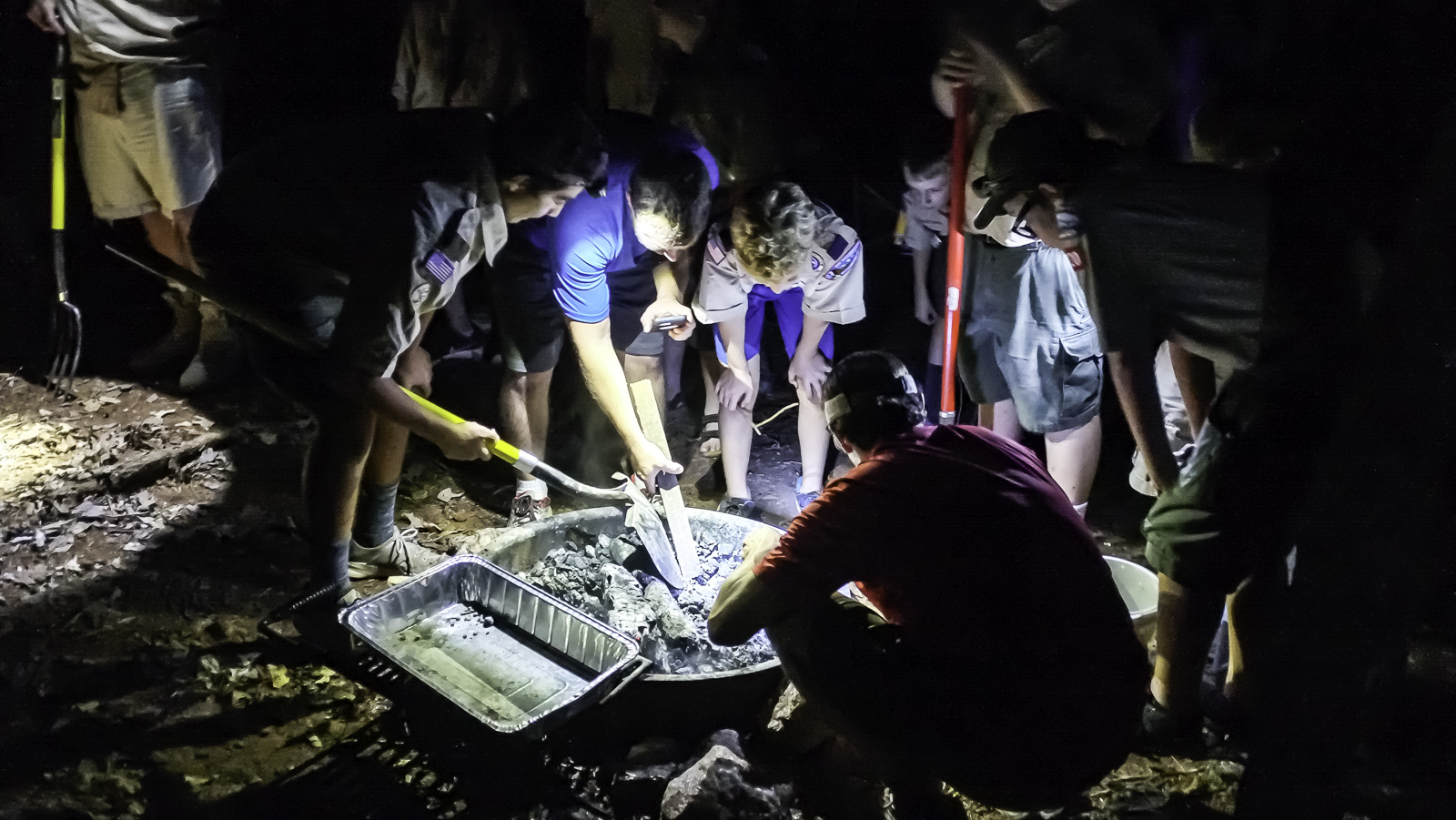
 Many of those who call the three Republicans who voted against the skinny repeal RINOs and such likely don’t even know why they voted that way. Collins explained it thus:
Many of those who call the three Republicans who voted against the skinny repeal RINOs and such likely don’t even know why they voted that way. Collins explained it thus: The second, less-well-known case is here in South Carolina, where Senator Lindsey Graham clarified his position on deporting DREAMers:
The second, less-well-known case is here in South Carolina, where Senator Lindsey Graham clarified his position on deporting DREAMers: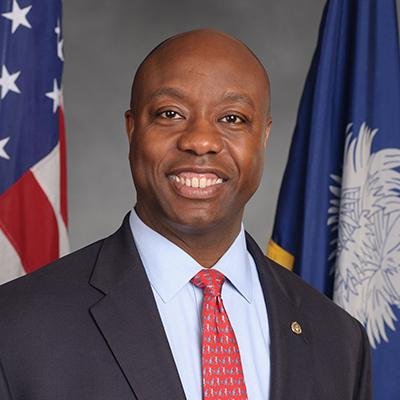 The final and most recent example comes with Republican criticism of Trump’s handling of the Charlottesville attack and his suggestion that the counter-protesters were as much to blame as the white nationalist protesters. Bob Corker and Tim Scott both criticized Trump for his response, with the former suggesting that it illustrated that Trump “has not yet been able to demonstrate the stability nor some of the competence that he needs to demonstrate in order to be successful” and the latter saying that Trump’s “comments on Tuesday started erasing the comments that were strong. What we want to see from our president is clarity and moral authority” (
The final and most recent example comes with Republican criticism of Trump’s handling of the Charlottesville attack and his suggestion that the counter-protesters were as much to blame as the white nationalist protesters. Bob Corker and Tim Scott both criticized Trump for his response, with the former suggesting that it illustrated that Trump “has not yet been able to demonstrate the stability nor some of the competence that he needs to demonstrate in order to be successful” and the latter saying that Trump’s “comments on Tuesday started erasing the comments that were strong. What we want to see from our president is clarity and moral authority” (